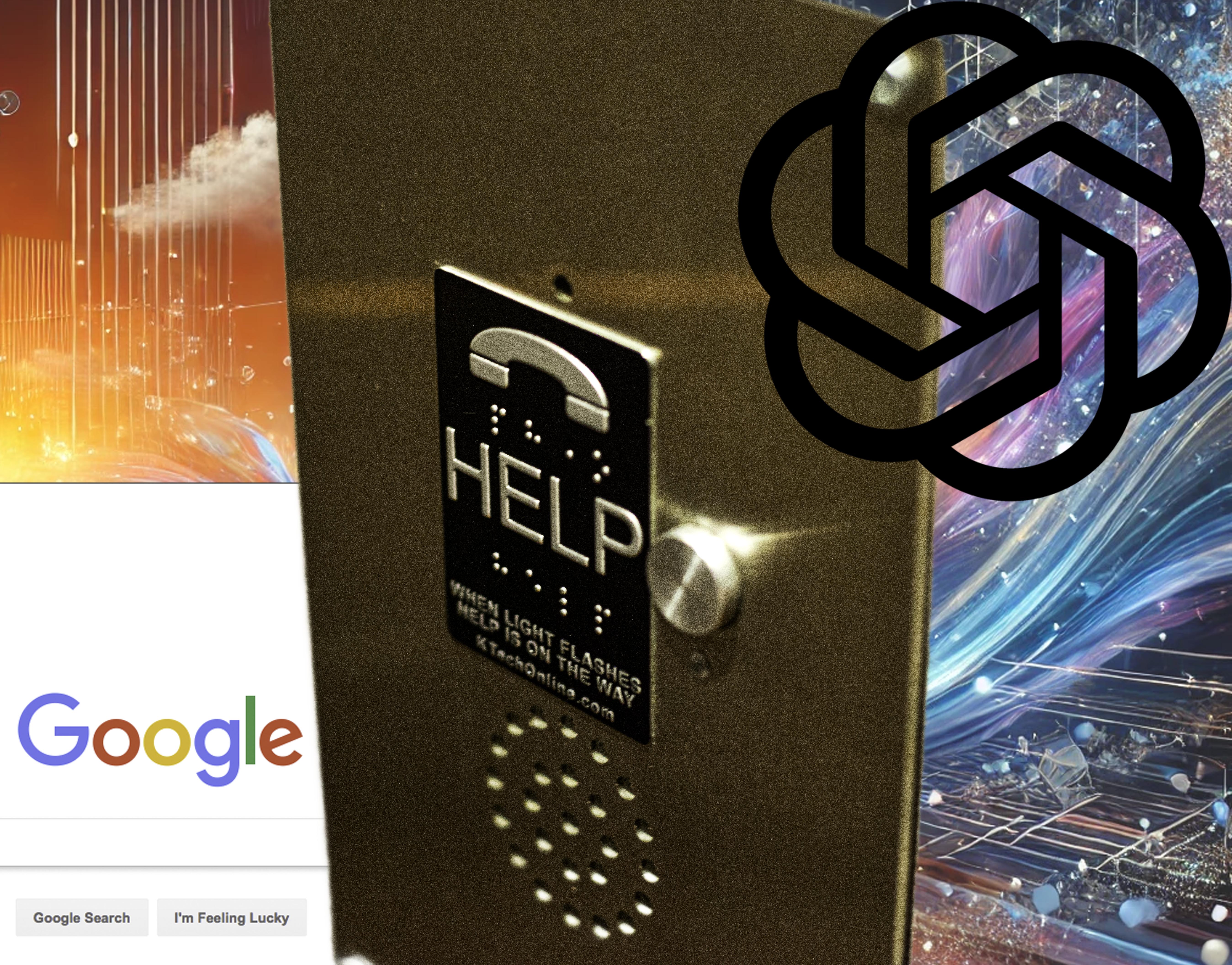Last Updated on August 9, 2023 by Steven W. Giovinco
Online Free Speech Could Be Threatened?
A Virginia woman must remove parts of a review on Yelp and Angie’s List after being sued for libel.
Additionally, the judge ruled that she cannot post the barred information on new sites, and she is being sued for the negative post.
Is this a banning of free speech, or a just a business protecting their online reputation?
The implications of this are wide ranging and could ripple throughout the internet on sites like Yelp and beyond.
See Related Article: 25 Free Online Reputation Management Tips and Tools
It started when a Jane Perez asked a Washington D.C., contractor, Christopher Dietz, to make minor updates to her Fairfax County townhouse.
But as the relationship quickly turned bad, Perez posted a very negative one star review on Yelp and a similar poor assessment on Angie’s List.
Victory for Defending an Online Reputation or is Your Opinion Threatened?
Some of the charges levied against the contractor included work not performed, damage to her home and jewelry that went missing during Dietz’s time in the house.
The judge ruled that Perez cannot imply that Dietz stole jewelry and those comments must be removed and not spread to other sites online.
Usually, as is in Virginia, libel is when someone states or implies a false statement is true and this cause’s harm to their reputation. This differs from opinions which are generally protected by the First Amendment.
Reviews on sites such as Yelp are becoming more important to professionals such as lawyers, physicians, financial planners, and others. So too are legal actions over online reputations.
Some free speech advocates view such suits as attempts to stifle freedom of speech; disgruntled customers see online posts the only way to fight back against bad business practices by companies. On the other hand business owners say they are being forced to fight back because a false online review or post can cause serious damage to their online reputation and businesses.
A trial has not been set for the court to weigh in on the libel claims.
See Related Article: Each negative link or review loses thirty customers or $30,000
The Future of Online Review Sites Threatened?
What could this mean for consumers? Internet review sites have become the “David” against the “Goliath” of bad business dealings.
Could a negative post against a dentist be turned into an expensive liability for the poster? What if a legitimate gripe was written online but was pursued extensively by a deep-pocketed legal team and resulted in forcing the post to be removed AND the poster to be sued.
This could scare innocent consumers from making online comments and greatly reduce the freedom of the internet.
On the other hand, there are a slew of false, baseless and wrong reviews written online. A ruling could help police the “Wild West” of the internet reviews where anyone can create an anonymous account and post a scathing comment on sites like ComplaintsBoard.com, Scam.com, and a half dozen others. These sites currently are shielded by the First Amendment, but could largely disappear.
Competitors have found these sites an excellent way to tarnish and destroy a rival company, and removing these comments would be a victory for businesses defending their online reputation.
The irony is that in suing the client and the resulting publicity surrounding the case, Dietz’s online reputation is damaged almost beyond repair—or much more so than if he did nothing, addressed this issue himself or hired an online reputation management firm.
The implications of this case and others like it that are cropping up are important to both free speech and online reputation management.
Related posts:
- An App to Protect Your Online Reputation? Well, Sort of: a Look at Snapchat, an Anti-Sexting Tool
- How to Fix Your Online Reputation? Recover Reputation’s Steven W. Giovinco Interviewed on The Crisis Show
- Getting Positive Online Reviews Means Money: Online Reputation Management Tips
- Three Major Ways an Online Reputation Can be Damaged



